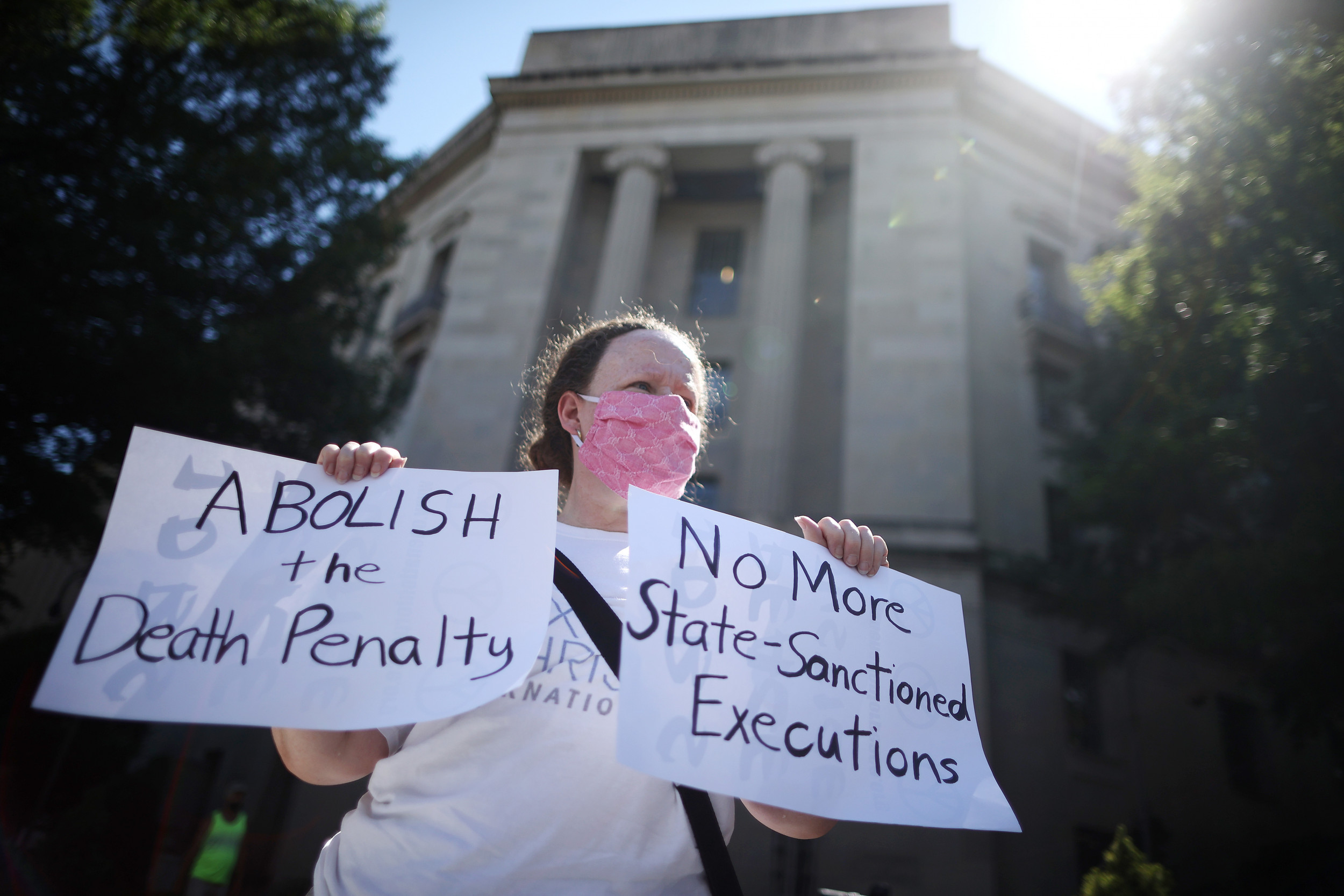Several states, including Nevada, have introduced bills that cite legal costs as one of the reasons for ending the death penalty.

National trends show the death penalty is being sought and imposed less frequently. There is also ample evidence that the costs for seeking and administering the death penalty have increased significantly since the 1980s.
Understanding all of the reasons why costs have increased is complicated. But much of the cost increases can be attributed to changes in public opinion, the law and in the advancement of scientific evidence and methods, all of which impact legal practice regarding death penalty cases.
Until recently, attempts to measure the fiscal impact of the death penalty were rare.
The first comprehensive attempt to measure the economic impact of capital sentencing policy was conducted in New York in 1982. However, the bulk of state-level economic cost studies of the death penalty have taken place over the last 15 years. Many of these reports were spurred by budget shortfalls in the wake of the great recession.
There has been numerous state-level economic cost studies representing thousands of death penalty cases nationwide. Although the findings from these studies varied, they all showed that cases where the death penalty is sought incur significantly higher costs than similar cases where the death penalty is not sought.
According to Fox News correspondent Dan Springer, the State of California spent 4 billion dollars to execute 13 individuals, in addition to the net spend of an estimated $64,000 per prisoner every year. Springer also documented how the death penalty convictions declined due to economic reasons. The state spent up to 3 times more when seeking a death penalty than when pursuing a life in prison without the possibility of parole. In the year 2000, the number of death penalties declined to 112 from 224.

The evidence is clear that maintaining the capital punishment pipeline costs taxpayers more money. Many states, such as Nebraska, Colorado, Pennsylvania, Washington and Oregon, have highlighted these extreme costs as one of their reasons to seek an end to the death penalty.
Some people may recognize that seeking and imposing the death penalty is more expensive, but do not understand why.
The U.S. Constitution protects basic rights through the criminal justice process, including equal treatment under the law and freedom from cruel and unusual punishment. Ever since Furman v. Georgia in 1972, the U.S. Supreme Court has recognized that additional safeguards are necessary to protect these rights in death penalty cases.
In holding that the death penalty, as it was applied at the time, violated the the Eighth and Fourteenth Amendments, the Furman Court was confronted with evidence that these death sentences were imposed in arbitrary, capricious and discriminatory ways. Justice Stewart captured the sentiment of the Court in his concurring opinion, observing that “death sentences are cruel and unusual in the same way that being struck by lightning is cruel and unusual.”
Few years later in Gregg v. Georgia, The requirement for bifurcated trials, meaning the guilt and penalty phases are separate. It also required that jurors in capital cases be given guidance for jury instructions regarding how to approach the decision of whether or not to recommend a death sentence. Finally, unlike other criminal cases in which appeals begin in the lower appellate courts, the statute approved in Gregg provided for an automatic appeal of any case resulting in a death sentence by the state supreme court. This was in addition to the regular appeals at the lower courts.
The overall increase in costs for death penalty cases reflects some of these procedural requirements. This results in the differences in how death penalty cases proceed through the investigation, pretrial, trial, sentencing and appeals phases, each of which is considerable more complex and time consuming than in non-capital cases.
Innocence, especially considering the finality of execution, has been a salient talking point for those against the death penalty. Now, economic costs have also become a prominent consideration in critical assessments of capital punishment systems. As we and others have found, seeking the death penalty is not only a fraught and often futile endeavor, but an expensive one.
Costs. Death Penalty Information Center. (2021, February 3). Retrieved January 27, 2022, from https://deathpenaltyinfo.org/policy-issues/costs
Springer, D. (2015, March 26). Death penalty convictions decreased in broke counties nationwide. Fox News. Retrieved January 28, 2022, from https://www.foxnews.com/us/death-penalty-convictions-decreased-in-broke-counties-nationwide
Be First to Comment